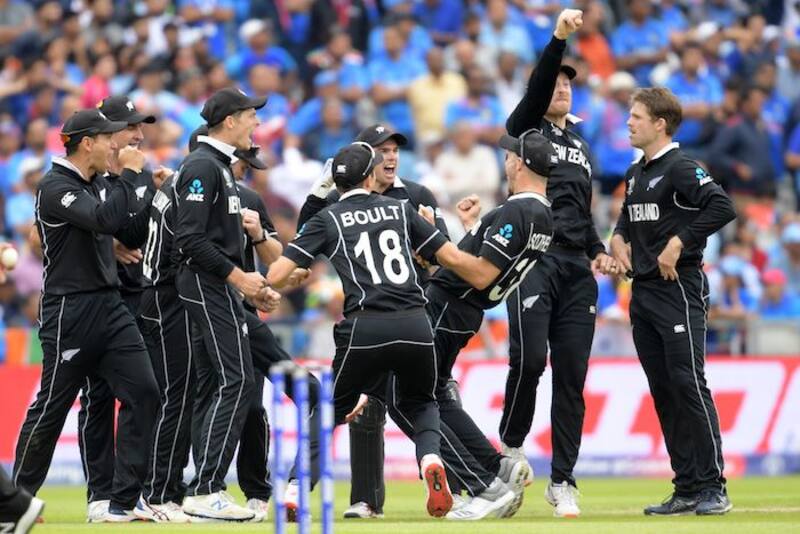
Cricket Country Staff
Editorial team of CricketCountry.
Written by Cricket Country Staff
Published: Jul 16, 2019, 03:00 PM (IST)
Edited: Jul 16, 2019, 03:00 PM (IST)

ICC Cricket World Cup 2019 runners-up New Zealand will divide the US$ 2 million prize money received equally among each member of the squad, irrespective of who played how many matches in England.
As per the New Zealand Cricket’s central contracts provision, any money won from tournament must be divided between squad members. This means that Black Caps skipper Kane Williamson, voted Player of the Tournament, will receive the same amount ($126,102 approximately) as the uncapped reserve wicketkeeper Tom Blundell.
As reported by stuff.co.nz, the prize money of $2 million received for being World Cup runners-up will be given to the team and support staff and not to NZC.
(READ: A ‘real shame’ the trophy was decided on boundary count – Kane Williamson)
World Cup winners England received $4 million for beating New Zealand at Lord’s on Sunday.
Speaking to reporters in London on Tuesday, Williamson said he was still absorbing the emotions of an unprecedented result on July 14, which saw the World Cup final end with the scores level, which prompted a Super Over which ended with New Zealand level on England’s 15. Eoin Morgan’s team was crowned winners on the basis of having hit more boundaries in the match – 24 to New Zealand’s 16.
The Black Caps coach Gary Stead today said that the ICC needed to review its rules after a “hollow” final.
The other point of contention is England mistakenly given an extra run after a throw from Martin Guptill hit the bat of a diving Ben Stokes and deflected to the boundary in the final over of regular play at Lord’s. England were awarded six runs but former umpire Simon Taufel said they should only have got five as the batsmen had not crossed for their second run when the throw was made.
This website uses cookies so that we can provide you with the best user experience possible. Cookie information is stored in your browser and performs functions such as recognising you when you return to our website and helping our team to understand which sections of the website you find most interesting and useful.
Strictly Necessary Cookie should be enabled at all times so that we can save your preferences for cookie settings.
If you disable this cookie, we will not be able to save your preferences. This means that every time you visit this website you will need to enable or disable cookies again.
